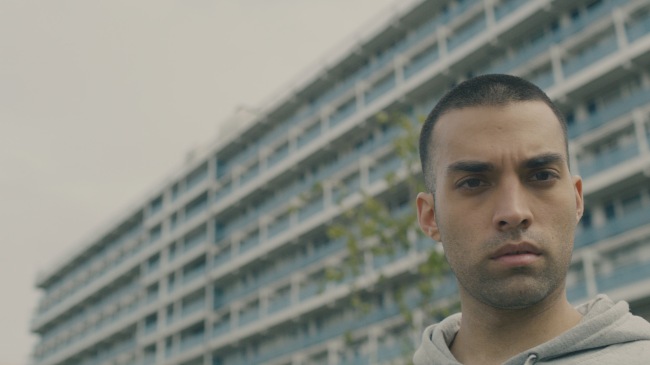This film featured at the BFI London Lesbian and Gay Film Festival, which I unfortunately didn’t get to catch until I was back in the comfort of my own home. This film is widely regarded as a huge success, with many awards to its name and a very impressive 97% on Rotten Tomatoes. Directed by Sally El Hosaini – an Egyptian Welsh director – the story centres around Rashid (played by the striking James Floyd) and his brother Mo (Fady Elsayed) and their lives in the depths of East London. Older brother Rashid is deeply embroiled in gang culture but after a particularly harrowing innocent he takes a step back – partly influenced by Sayyid (Saïd Taghmaoui), an affluent photographer also originally from North Africa. Mo, however, becomes more and more embroiled in the gang culture his brother has tried to deter him from for so long. The queer dynamic of this film takes a backseat and doesn’t come to light until much later in the film – something that is actually very refreshing, if a little predictable in its execution. Rashid falls for Sayyad and Mo soon discovers. An earlier line haunts the audience – “live East, die young” – as Mo gets into the gang culture too deep and this mixes with his anger and confusion regarding his brother’s sexuality.
Much like Feo Aladag’s Die Fremde (When We Leave) (2010), this film focuses on immigrant families and their attitudes and behaviour towards family members that test the limits of their beliefs and traditions. Here Rashid is struggling with his sexuality and Mo with the temptations of following the crowd in East London. In Die Fremde, Umay leaves her abusive husband in Turkey and returns to her family in Berlin and then has an abortion. Her brother’s are also involved in the criminal underworld and the violence at the end of both films holds similarities – not only in the choice of weapon, but also the fact that the victims are not the ones intended. Despite the differences in themes and setting, these films have many parallels and consider the issues (positive and negative) behind immigration and integration.
My Brother the Devil is a film that is deeply powerful and emotional. The subject matter is handled at an appropriate level without being hyperbolic or biased. Sally El Hosaini has created a fantastic account of the issues above and deserves all the praise she receives. The only question that remains is which brother is the devil and from which perspective this comes from?
(I do not own this image)
